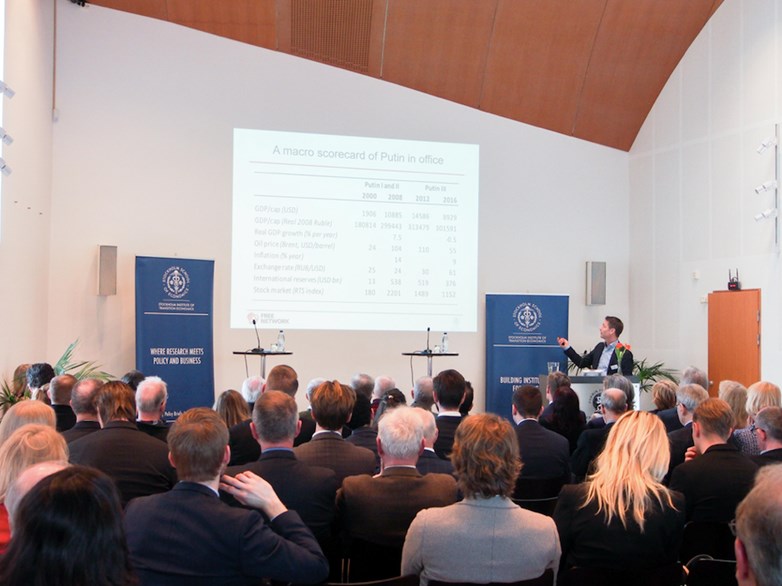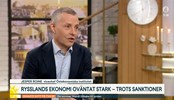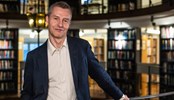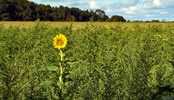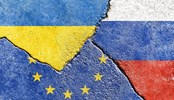Swedish and Finnish experts discuss Russia’s economic and political development
The seminar was divided into two parts, with short presentations followed by questions from the audience. The first part of the seminar was dedicated to discussing the political development in Russia. Presentations were given by Carolina Vendil Pallin, Deputy Research Director at the Swedish Defence Research Agency, and Martin Kragh, Associate Professor and Head of Russia and Eurasia Programme at the Swedish Institute of International Affairs. Carolina Vendil Pallin talked about the importance that the presidential election has for Putin and for Russia. Even though the presidential election in Russia is not an election in the usual sense, seeing that it is pre-decided, it is important for Putin because it is a way to demonstrate that Russia has a viable political system. Martin Kragh discussed Russia’s relationship with other countries and regions, such as China, the Middle East and the West. According to Kragh, we can expect that the relationship between Russia and the West will not change in the next presidential term.
The second part of the seminar was devoted to the economic development under Putin’s regime, the banking sector and prospects for growth. Experts discussing these subjects were Laura Solanko, Senior Advisor at the Bank of Finland Institute for Economies in Transition (BOFIT), and Torbjörn Becker, Director of SITE. During Putin’s time as president, Russia’s GDP has increased by 4½ times. Although significant growth has been achieved since 2000, all of this came in the first two tenures of Putin in the Kremlin on the back of increasing oil prices. In order to generate growth in his upcoming presidential term, Putin and his team will need to address the significant needs for reforms in the institutions that form the basis for modern market economies. Unfortunately, this will most likely not happen in the next couple of years, which is why the expected annual growth rate is 1,5-2% instead of the 5-6% that it could be if Russia implemented the much-needed reforms.
After the seminar, there was a reception where the discussions continued.
